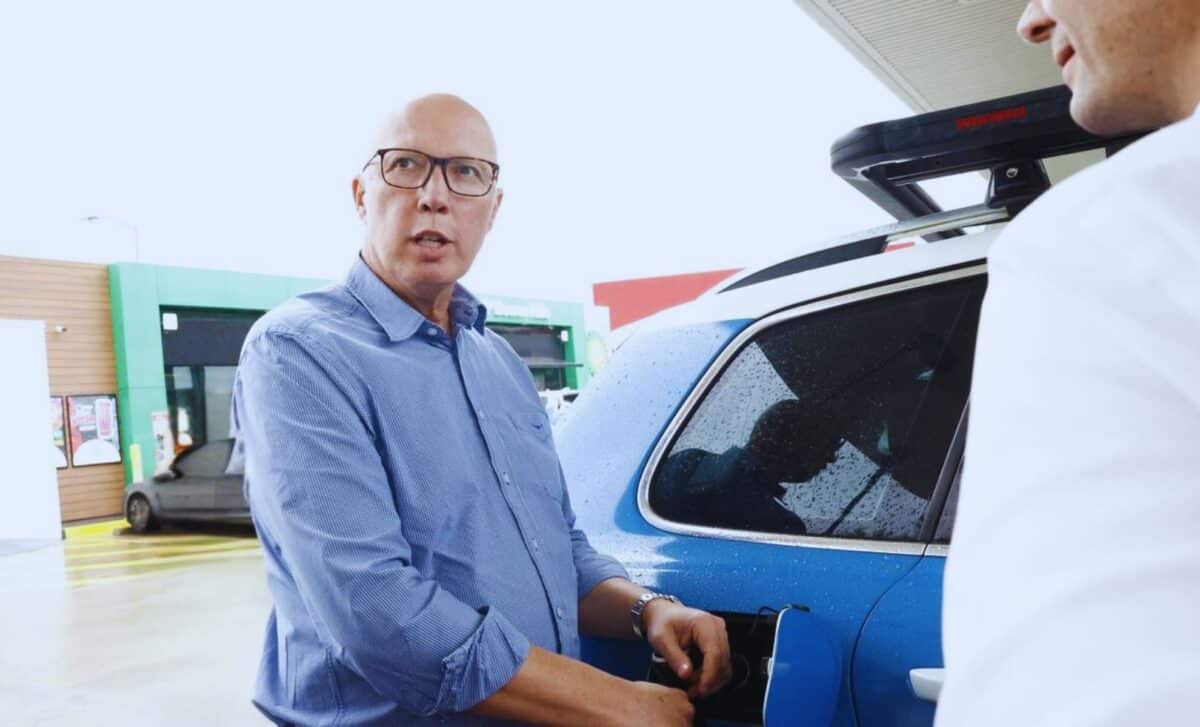Just two days after affirming support for an electric vehicle tax break, Peter Dutton has reversed course, pledging to repeal the scheme if elected. The unexpected move has drawn criticism from industry groups and raised concerns about policy consistency within the opposition.
The Australian opposition leader’s abrupt shift on a key electric vehicle incentive has reignited debate around the Coalition’s climate and transport policies. His reversal, announced in a budget savings statement, contradicts a public commitment made earlier in the same week.
The fringe benefits tax (FBT) exemption for electric vehicles has enabled tens of thousands of Australians to access more affordable EVs via salary packaging. Introduced by the Labor government, the policy is also a pillar in its strategy to cut greenhouse gas emissions from the transport sector.
The significance of the policy lies not just in the cost savings it provides to consumers, but in the broader implications for emissions targets, fuel efficiency standards and bipartisan trust in the automotive sector. The sudden about-face from the Coalition has alarmed stakeholders relying on stable, long-term signals from policymakers.
Reversal Undermines Industry Confidence in Bipartisan EV Strategy
According to the Electric Vehicle Council, nearly 100,000 Australians have taken advantage of the fringe benefits tax exemption since its introduction. The policy eliminates FBT for EVs provided as company cars or through salary sacrifice, reducing costs significantly for buyers, particularly in outer metropolitan areas.
Earlier this week, Peter Dutton appeared to back the scheme during a campaign event, stating that the Coalition had “no proposals to change those settings.”
His comments were welcomed by industry bodies such as the National Automotive Leasing and Salary Packaging Association (NALSPA), which interpreted the remarks as a commitment to maintain the policy.
However, the Coalition’s official budget statement on Wednesday announced a plan to repeal the scheme, estimating a $3 billion saving over four years. The inconsistency has been described as “extremely disappointing and confusing” by the EV Council’s CEO, Julie Delvecchio, who noted the scheme’s popularity and fuel cost savings for working families.
Budget Pressures Cited as Motivation Behind Policy Shift
The Coalition framed the repeal as part of a broader package of fiscal measures aimed at improving the federal budget’s resilience. In a joint statement, shadow treasurer Angus Taylor and finance spokeswoman Jane Hume said the decision was necessary to “lower inflation and secure essential services.”
The policy reversal accompanies other proposed cuts, including the Housing Australia Future Fund and the Rewiring the Nation infrastructure programme. The move follows a report by the International Monetary Fund forecasting a global economic slowdown, which the Coalition cited as justification for “serious decisions” to manage public spending.
Despite the rationale, the backflip has opened the Coalition to renewed scrutiny over policy consistency and credibility—particularly on climate-linked issues, where stability is often critical to long-term investment and industry planning.









